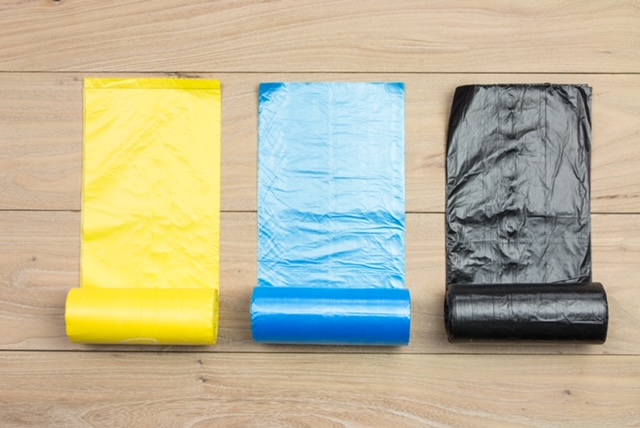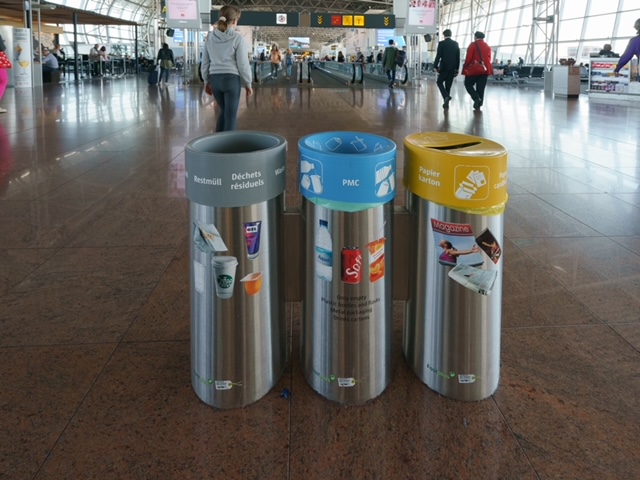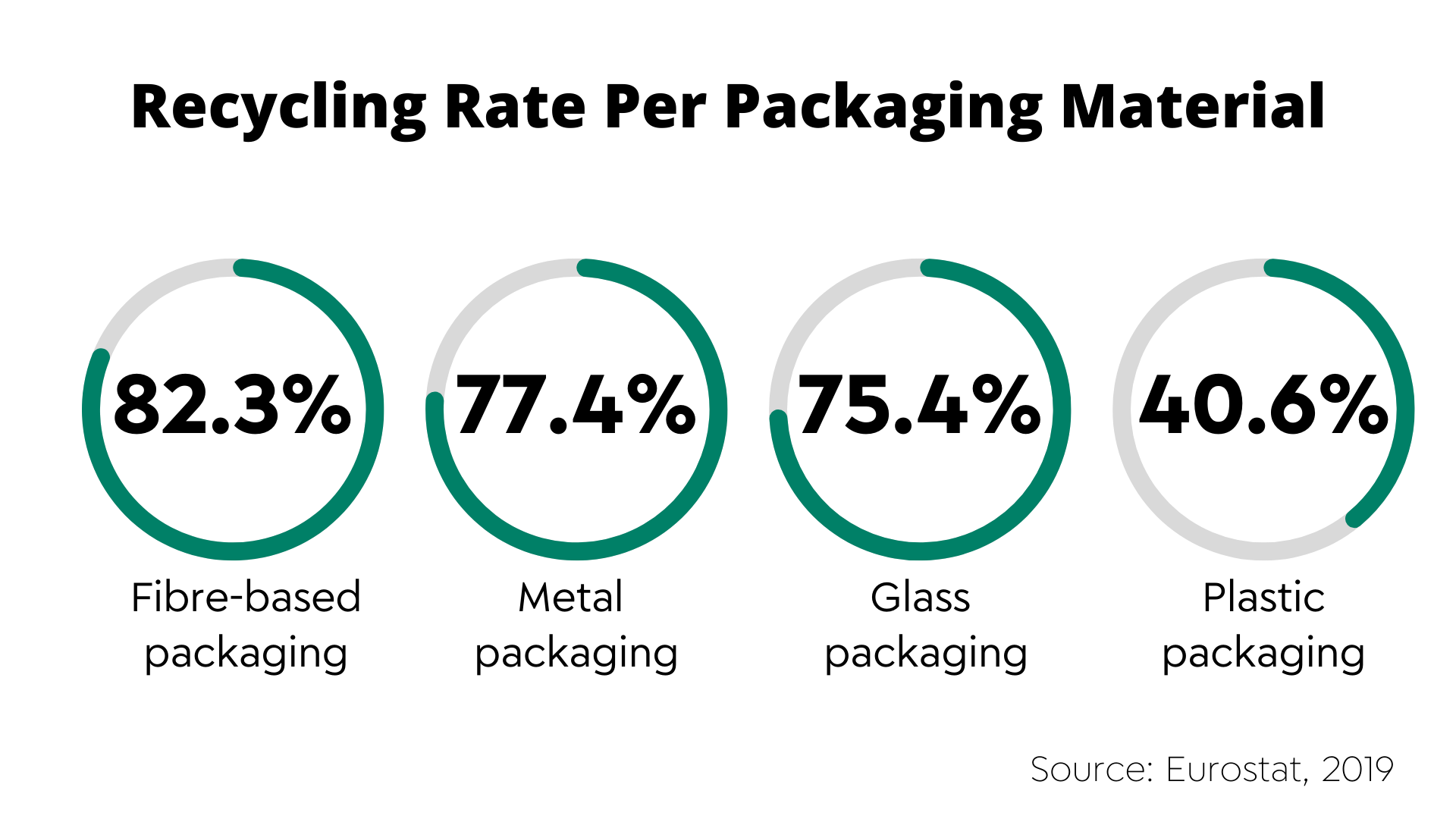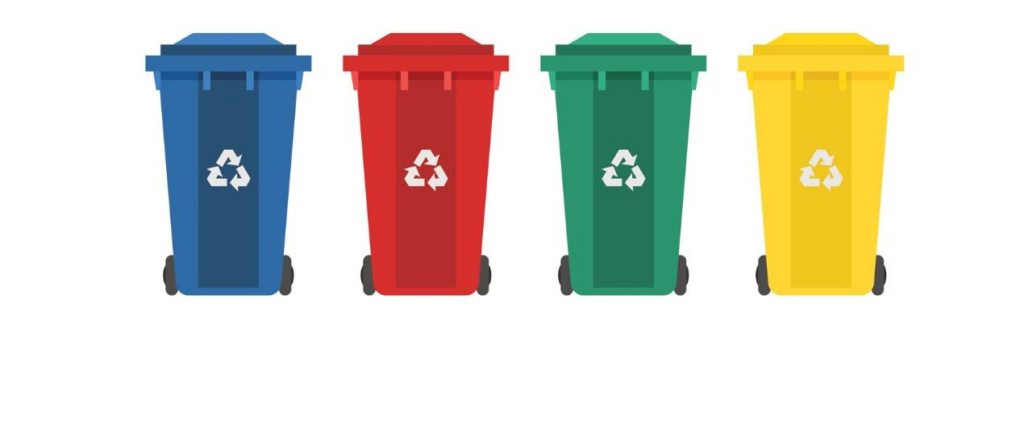It seems today that everybody has a different idea of what would be the best practice when it comes to recycling - should I wash it, should I fold it, which bin does it go in?
As well as what goes on in our homes, the debate rages about how we should organise our recycling systems. We need a set of tools that will tell us clearly the most effective recycling practices for each material. Whilst the political debate has been centred around percentages and content yields, we need to get back to basics.
It is now clear that this should no longer be a problem left to you and me, clearer guidance on how to build the most effective recycling systems is dearly needed.
When we think about the recycling industry the focus is often on plastic waste and rightly so, given the amount of plastic waste that is not collected. But this takes an overly negative approach. If we look at paper and cardboard (including fibre-based packaging), or metal and glass, the current recycling process can be considered a success.
There are lessons to be learned from each system, for how to ensure that you collect more waste and ensure that it reaches the right recycling plant, in particular, models such as those in Germany, Finland, and Sweden show us how we can establish successful recycling systems in the future. The systems that we implement have to be fit not only for today but for the future, establishing precedents and practices that enable cities and countries to adapt to our evolving circumstances.
Brussels is a city which demonstrates very well the need for guidance as it is home to 180 nationalities and it brings together people from across the globe, and across the EU. As such, it places a fundamental doubt in the minds of most people that arrive here – how do you recycle? It’s a question often faced by consumers around Europe, with different material content requirements for the paper or plastic streams combined with different colour bins, and different amalgamations of materials for collection.
However, this challenge is not just for the consumer – it decreases the efficiency of recycling across the continent as companies have different standards to meet and different practices to employ. Most importantly, it’s a challenge that needs to be solved if we are to take our place in the fight against climate change, but what needs to change?

Colored garbage bags roll
Make collection clean
The first step is well understood by anyone and everyone walking the streets of Brussels on collection day. We need to tidy up our approach to collection. We need collection bins. Kerbside collection should be done via containers, per household or grouped containers for high-rise apartment buildings, not with waste bags left on the street.
This is true for food waste but equally true for paper and plastic waste, which can often be dragged down the street, leaving a particularly ugly scene towards the end of the day.
Harmonising recycling systems
Recycling is a large and complex industry, the true scale of which is understood by few, beyond those involved in it. It seems overly simplified to say that we could harmonise everything down to the colour of the bags and this would remove any confusion, however, it would also reduce some of the already existing efficiencies.
Recycling policies are currently set at the local level of government because the technologies available vary greatly, which means that what is efficient in Brussels 1000, may not be possible in Tervuren 1160.
Responsibility - who’s is it?
Is it me and you that take the responsibility to ensure that recycling is efficient? Obviously not. Of course, as consumers, we have a responsibility to sort our waste correctly according to the rules of the system, but there is a whole system to sort out beyond the bin.
It is essential that at the European level, we identify who is responsible, making sure that we reward the industries that are already proving their efficiencies by reflecting the real cost of recycling in any extended producer responsibility fees, and these fees should guarantee investment in infrastructure so that we can reach harmonisation between different regions and nations.
There are grandiose ambitions across Europe for a circular model of production and carbon neutrality. Still, we should understand the scale of the challenge that we are facing. Collaboration across industries, sectors and ideologies is required to achieve and make a change, and we can see that this has already generated some success.
For us, the first act that needs to be taken is to look at recycling beyond the bin. Cleaner collection and waste management and a focus on circularity from product design to product-end-of life would indeed be extremely helpful. As would be clearer guidance around how to design an effective recycling system: learning from best practices and building sustainable across the union pragmatic solutions.
MEP Fulvio Martusciello, Group of the European People's Party (Christian Democrats)




